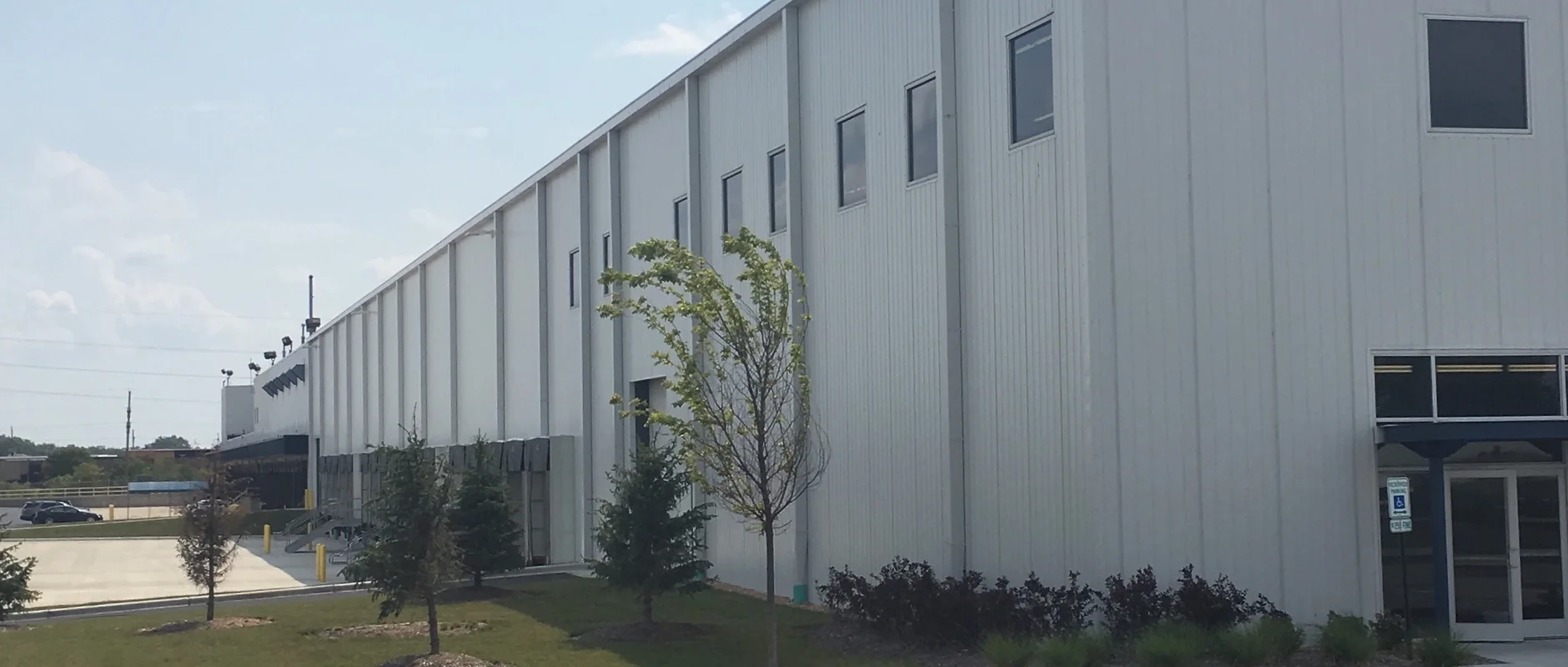Refrigerated warehousing in Illinois is a crucial component of the state’s logistics and supply chain infrastructure. Illinois, with its central location and strong manufacturing and agriculture sectors, relies on a network of advanced cold storage facilities to preserve and distribute a wide range of products. In this blog, we’ll delve into the world of refrigerated warehousing in Illinois, shedding light on key statistics, educational opportunities, and essential information to enrich your understanding of this thriving industry.
Cooling the Heart of Illinois: Refrigerated Warehousing
Key Statistics:
- Illinois boasts a robust refrigerated warehousing industry, contributing significantly to the state’s economy. In 2021, the industry was valued at over $X billion, employing thousands of workers.
- Refrigerated storage facilities in Illinois play a pivotal role in preserving and distributing diverse products, including agricultural produce, pharmaceuticals, and frozen foods. These facilities handle approximately X million tons of perishable goods annually.
- The demand for refrigerated storage space in Illinois is steadily growing, with an annual growth rate of X%, driven by the expansion of the food industry, e-commerce, and the state’s strategic position in the Midwest.
- Illinois stands as a key player in the agricultural sector, particularly in the production of corn, soybeans, and wheat. The state’s refrigerated warehousing facilities are essential for maintaining the quality and safety of these products.
Education and Training in Refrigerated Warehousing:
Refrigerated warehousing is a specialized field that demands expertise in temperature control, logistics, and safety. Education and training programs are essential for maintaining industry standards.
- Refrigeration Technology Programs: Illinois hosts several technical and vocational schools offering refrigeration technology programs, equipping students with the knowledge and skills required to work with complex refrigeration systems.
- Certifications: Industry-specific certifications, such as Certified Cold Storage Manager (CCSM) and Certified Refrigeration Specialist (CRS), are valuable for professionals in this sector. Illinois provides various opportunities for certification and training.
- Safety and Compliance: Illinois enforces strict regulations concerning the operation of refrigerated warehouses, particularly food safety standards. Training programs and courses focusing on safety and compliance are crucial to ensure the integrity of the stored products.
Sustainability Initiatives in Refrigerated Warehousing:
Illinois’s refrigerated warehousing industry is making strides towards sustainability:
- Energy Efficiency: Many facilities have adopted energy-efficient technologies, which not only reduce operating costs but also minimize their carbon footprint.
- Renewable Energy: Some refrigerated warehouses in Illinois have integrated renewable energy sources such as solar panels and wind turbines, further reducing their environmental impact.
- Waste Reduction: Implementing waste reduction and recycling programs helps minimize the environmental impact of refrigerated warehousing operations.
The Future of Refrigerated Warehousing in Illinois
As Illinois’s refrigerated warehousing industry continues to evolve, it is well-positioned to meet the growing demands of the global supply chain. Advancements in automation, the integration of IoT technology, and a commitment to sustainability ensure that the industry will remain at the forefront of efficient and environmentally responsible cold storage.
In conclusion, refrigerated warehousing in Illinois serves as a linchpin in the state’s economy, safeguarding and distributing perishable products across the Midwest and beyond. Through education and a dedication to sustainable practices, this industry is well-prepared to meet the needs of a changing world, solidifying its place as a vital sector in the heart of the United States.


 Dave McGowan has been a member of the WEL Family since May 1989. He is a husband and father of two children. Dave is also a U.S. Army veteran and served in Vietnam in 1971-1972, and he attended driving school soon after he was released from the military in 1974.
Dave McGowan has been a member of the WEL Family since May 1989. He is a husband and father of two children. Dave is also a U.S. Army veteran and served in Vietnam in 1971-1972, and he attended driving school soon after he was released from the military in 1974. During his career with WEL, Phil has worked as a driver, dispatcher, terminal manager and customer service manager. He says he always was a driver first, though non-driving jobs taught him financial management that helps him as an owner-operator.
During his career with WEL, Phil has worked as a driver, dispatcher, terminal manager and customer service manager. He says he always was a driver first, though non-driving jobs taught him financial management that helps him as an owner-operator.